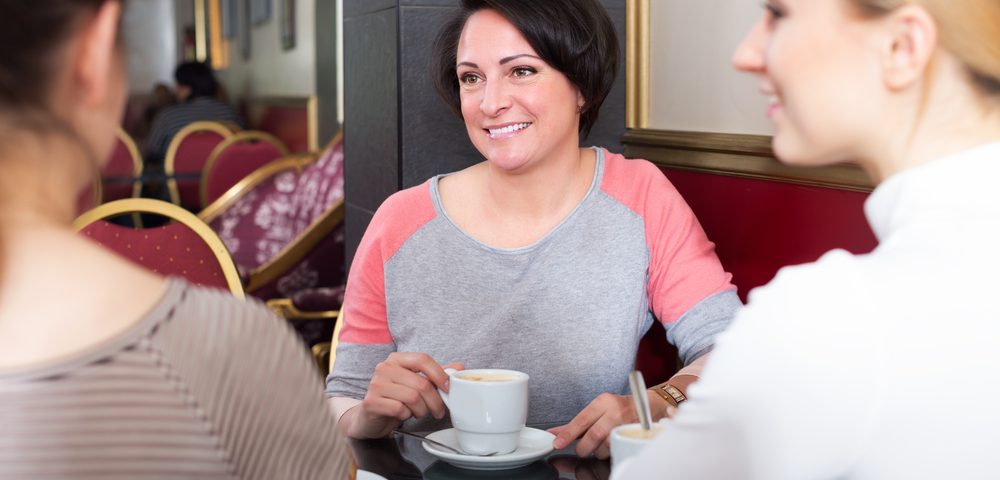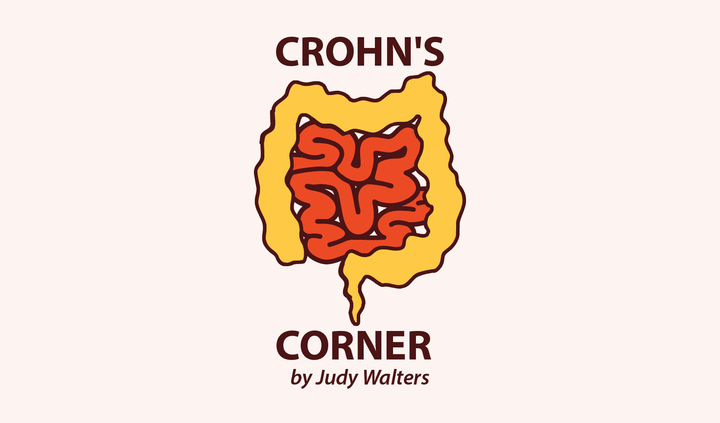I’ve had this conversation with fellow sufferers of chronic disease: How much do you tell others about the disease? What do you tell? When do you tell? Whom do you tell?
I’m very open about the fact that I have Crohn’s disease. I share it on my Facebook page; I share it with friends, with family. Everyone who knows me knows I have the illness. But what I’m not always comfortable with sharing is all of the flare-up details, or how the disease works, or the medications I’m on. That’s mostly because people don’t seem to want to believe me. For some reason, those details feel more private, or challenge me more.
At a New Year’s gathering, most of the people were close friends who know I’m sick. One woman did not. I was happy to share that I have Crohn’s. It came up after a friend mistakenly referenced that I have diverticulitis, which is not the same as Crohn’s, but because it is in the intestine, is often assumed to be related or even the same. This other woman overheard the comment and wanted to know what we were talking about. I explained that I have Crohn’s and gave a brief explanation about the illness.
“But there must be some medicine for it,” she said. I explained that there are lots of medications, but most don’t really work for me, or only work briefly before puttering out. I also explained that for some people, medication can help, and that it’s all very individual and hard to manage.
“But that doesn’t make sense,” she said, incredulous that there was a disease where there wasn’t a cure, or at least some easy way to fix it.
I had referred to Crohn’s as a digestive disorder, so she clung to those words. “You could just stop eating for a day,” she suggested. “If it’s a digestive disorder, then you stop digesting and feel better, right?” I could barely control my desire to roll my eyes at her.
“It’s not like that,” I said. “It’s a disorder of the entire digestive system, meaning that it can happen anywhere in the whole tract, not just the intestine. It’s not like if I stop eating that I’m going to suddenly get better.”
I was weary by then, trying to explain this complicated disease to this woman, and sorry it had been brought up. I don’t normally feel that way about it. I like to educate people so they understand. But it wasn’t worth it in that moment. She wanted to believe there was a way out. Sometimes there’s not. Sometimes you’re just in the mess until the mess stops.
Note: IBD News Today is strictly a news and information website about the disease. It does not provide medical advice, diagnosis, or treatment. This content is not intended to be a substitute for professional medical advice, diagnosis, or treatment. Always seek the advice of your physician or other qualified health provider with any questions you may have regarding a medical condition. Never disregard professional medical advice or delay in seeking it because of something you have read on this website. The opinions expressed in this column are not those of IBD News Today, or its parent company, BioNews Services, and are intended to spark discussion about issues pertaining to inflammatory bowel disease.


